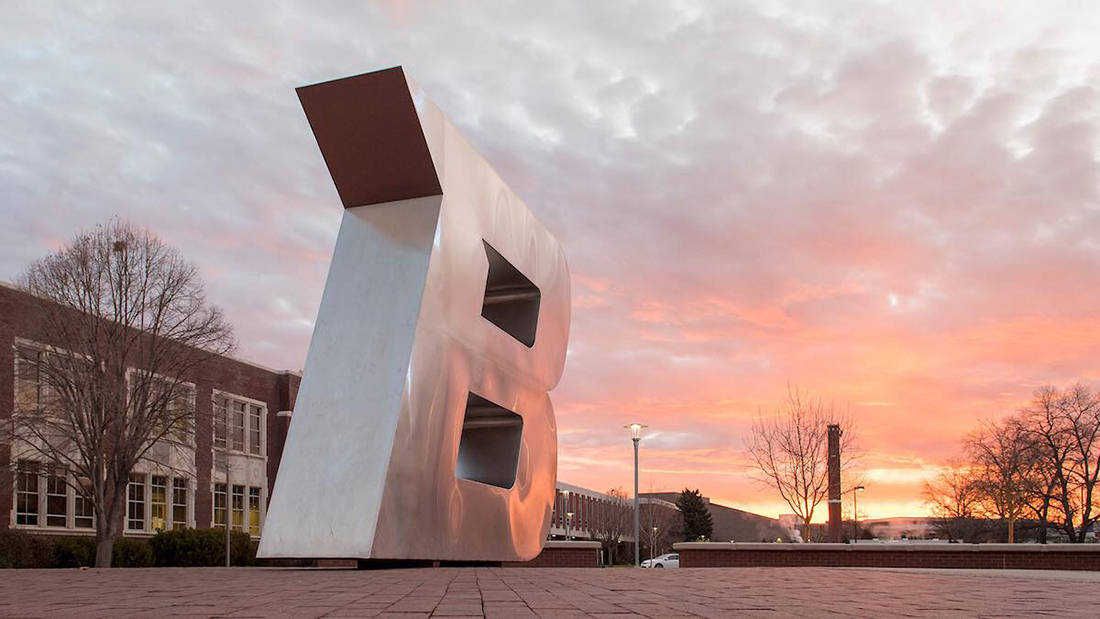


Boise State University is going in the wrong direction.
Instead of prioritizing academic excellence and achievement above all else, the BSU elites have decided to implement a radical social justice agenda that won’t lead to anywhere good.
That’s why 28 courageous Republican lawmakers signed a July 9 letter to BSU President Marlene Tromp. These 28 legislators exercised their duty as elected officials to oversee public institutions that receive your hard-earned tax dollars.
Some in the special interest class, including Idaho Business for Education President Rod Gramer in a recent editorial, are crying foul as duly elected lawmakers flex their oversight muscles. These partisans aren’t telling you the truth about what’s going on at BSU, which has decided to fund a number of radical social justice programs that will only serve to divide and segregate students.
First, let’s dispense with Gramer’s largest red herring. Last week, a North Idaho group mailed cartoon postcards to BSU officials, state lawmakers, and others. The postcards, though certainly within the realm of free speech, were a distraction in a serious debate. The postcards can be ignored.
Also less than helpful was Gramer’s almost-clever misdirection. Gramer wants you to regard the cartoonist and the 28 Republican lawmakers in the same light. You shouldn’t. See, the 28 lawmakers have noble aims, despite what you read in the news media. These 28, led by state Rep. Barbara Ehardt, R-Idaho Falls, want Idaho colleges to provide a world-class education to Idaho kids at the lowest cost.
The legislators wonder, though, how these radical segregationist programs and policies keep costs low for students. What programs, you ask? Here’s a select list, as outlined in a June letter by former BSU President Martin Schimpf:
Schimpf’s letter failed to mention a single effort to address BSU’s increasing costs, which prohibit so many capable and bright young people from enrolling. In response to Schimpf’s June letter, the 28 Republicans wrote a thoughtful response that hit all the right notes: The university should focus on academic excellence; all students should feel included on campus and not categorized by race, gender, and ethnicity; and, tuition increases are increasingly burdensome yet nothing in BSU’s initiatives addresses tuition, which is slated to increase 4.9 percent this fall.
Additionally, Gramer and others have misled about college finances. He argues that legislative stinginess has deprived schools of the resources they desperately need to excel. It’s not true.
From 2012 through 2019, full-time enrollment has fallen at three of the four Idaho state institutions, yet state General Fund appropriations have increased about 41 percent, or 33 percent if you include career technical education and special education programs.
Idaho’s four higher education institutions are a $1.4 billion enterprise. Its is reasonable to think that lawmakers should audit the spending practices of organizations and institutions that receive taxpayer money.
For example, lawmakers would be wise to examine the University of Idaho’s spending. The Moscow university employs a chief diversity officer, who costs taxpayers $138,798 annually, not including benefits. This diversity officer earns more than Gov. Brad Little.
Is this university post necessary?
Right now, we don’t have a solid answer to that question. But we do have dedicated lawmakers willing to ask that question. And these 28 lawmakers, and the rest of the bunch, should continue to question whether or not radical social justice programs truly benefit Idahoans and students.


